Why Systems Help with Executive Functioning
Systems are predictable ways of getting things accomplished. A good system is like a set of instructions for what to do. When students have a system or routine to follow, they don’t have to make as many decisions. Instead, they can focus their attention on important outcomes rather than logistics.
Good systems take some time to set up on the front end, but they make a world of difference in saving time over the long run. As we transition from summer schedules to back-to-school, here are five systems you’ll want to build and refine for the months ahead.
System #1: A Good Planner
When someone struggles with executive function, planning and organizing can be major challenges. That’s why it’s important to have an all-in-one planner and binder system to keep track of homework, projects, handouts, notes, and brain dumps. Last week, I shared my favorite disc-bound system. This week, my middle schooler is personalizing it by adding some of her favorite stickers. Keeping her information in one spot makes a positive impact on her organization.
Having a place to put important papers and ideas is the first part of the system. The next part is to choose a time and strategy for processing that information each day. This helps the student keep track of homework and papers. It should also help prevent the backpack from becoming a disorganized abyss.
Spend some time setting up a planner or a binder heading into the school year, and discuss expectations for how to use it. This will be time well-spent.
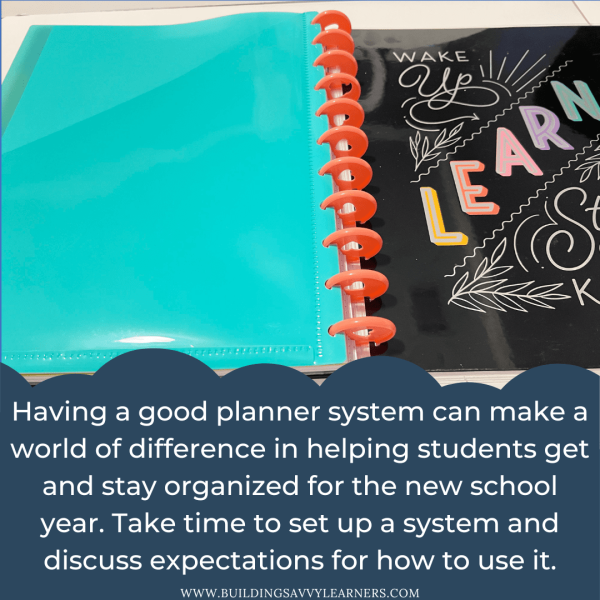
System #2: Good Morning Routines for Students
Before the school year gets off and running, take some time to think about the tasks that have to happen each morning. Getting up and getting dressed, having breakfast, making sure everything is packed, etc.
This process involves making a list, figuring out a logical order for events, and then estimating how long each item on the list should take. We add in a little extra time to give us some wiggle room in the morning, and then use that to determine what time the morning alarms should start going off.
We also make checklists to help keep us on task—especially during the first few weeks when we’re still learning the routine. For now, these checklists are on plain paper. But once we’ve tested them more, we’re likely to laminate them and hang them somewhere as a reminder when we need it. That way, if kids are feeling extra groggy or are starting to deviate from the routine, we have a concrete checklist to help fix the process.
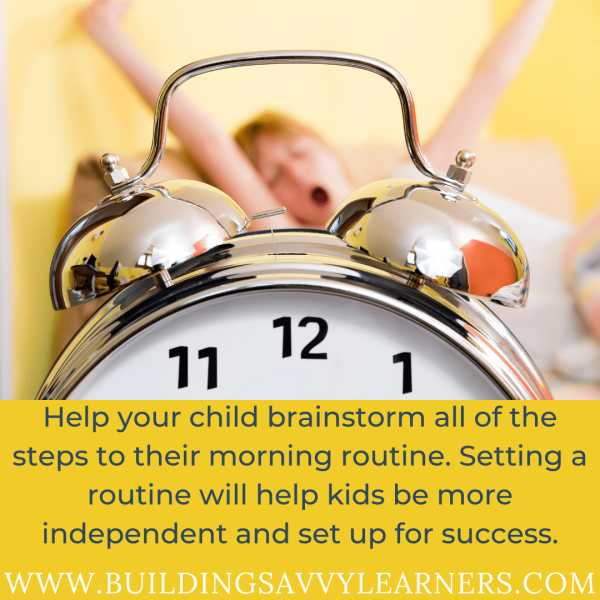
System #3: A Launch Pad with Visual Cues for Support
Have you ever had one of those mornings where everyone is forgetting things or running all over the house looking for shoes or bags or jackets or keys? It’s exhausting and frustrating for everyone involved!
That’s why we’ve created a launch pad that we use each morning. This is where we put anything and everything that we need to get out the door. Shoes, coats, bags, water bottles, lunches, keys—anything we need to remember. Having it all in one spot makes it so much easier for us to make it out the door without scrambling around in the morning.
I want my kids to take as much ownership as possible for preparing themselves for school each morning. That’s why I’ve also made visual cues as a reminder to check that they have everything that they need. I designed these in Google Slides using the add-on called “Flaticon” and customized them to each child. My tween has a cell phone, for example, and my first grader doesn’t. We can also include sports gear, instruments, or anything else relevant to extra-curricular activities.
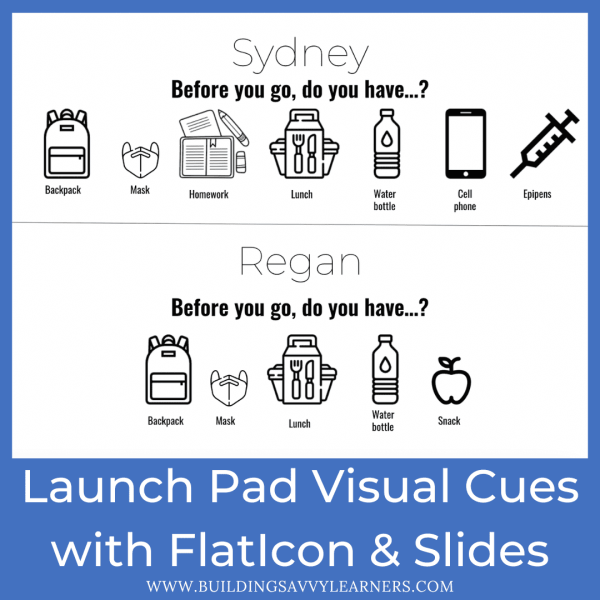
System #4: An Evening Reset to Build a Better Morning
One thing that helps us pull-off an effective morning routine is taking the time to do an evening reset. After dinner, we take a few minutes to check the weather forecast and calendars for the following day. Then, we lay out what we’re going to wear. We also pack up everything we can for lunches, snacks, and backpacks. The evening reset is a time where we do anything we can do in advance to make the morning run smoother.
While we’re all pretty tired at the end of the day, it’s SO worth spending the extra 10 minutes to get prepared for the next day. Nothing is worse than starting the day stressed and scrambling, and we absolutely notice when we haven’t done a great job with the evening reset.
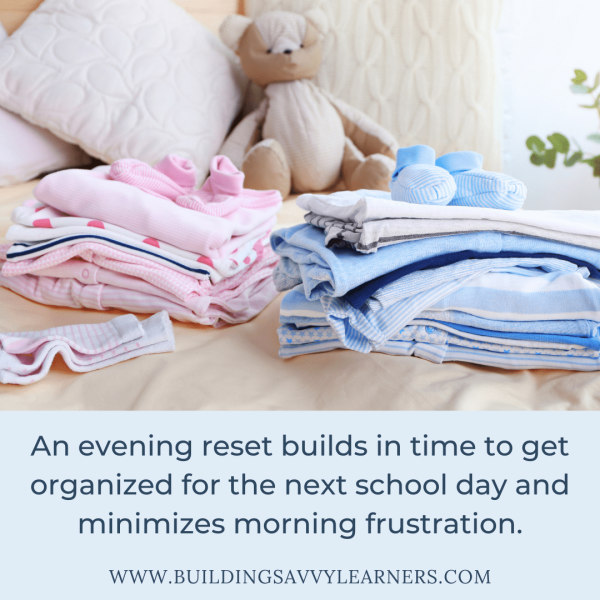
System #5: A Weekly Family Meeting to Help with Executive Functioning
How often do you have family meetings in your house? Too often, one person takes on the role of managing everyone’s schedules, planning the meals, etc. But when you’re trying to help kids develop their own executive function skills, it’s important to give them a role as soon as they are old enough to go to school. Family meetings can be a great way to do that.
Each Sunday, my family gathers for 30-45 minutes to talk through the schedule for the upcoming week. This is when we can hash out any logistics for extracurricular activities and discuss any expected changes to our normal routines. It’s also a great time to touch base about important happenings at work or school so we can anticipate the emotional energy in the house. If my daughter has a big test coming up, for example, I know she may need an earlier bedtime and be less available to help with chores while she’s preparing. Similarly, if work deadlines are approaching for one of the adults, we can set the expectation that one of us may need to be more or less available.
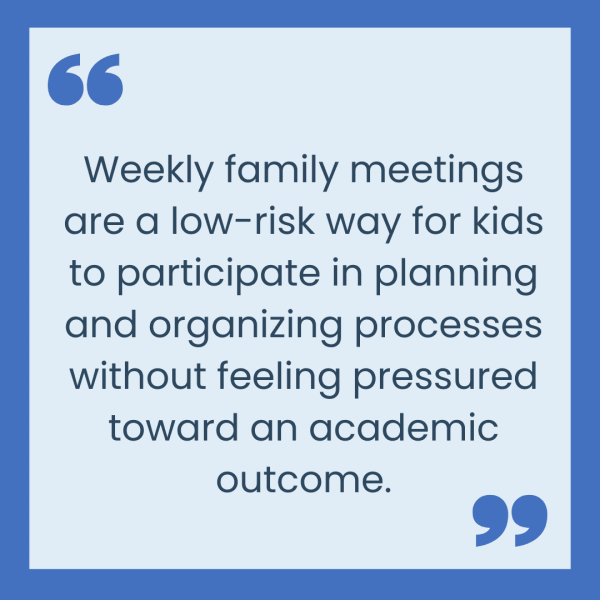
Once we finish talking about the schedule, we move on to meal planning. We try to include the kids in planning the meals and helping with the preparation. By including them in this process, we’re modeling strong executive function skills by showing them the planning that goes into making our weeks run smoothly (at least most of the time). There may inevitably be some curveballs, but those feel more manageable when we have a general sense of what the week will hold.
The Importance of Systems to Help with Executive Functioning
Systems and routines can be a tremendous scaffold to executive function. They ease transitions by giving students a heads up over what to expect during certain times of day or throughout the week. The predictability of the routines also decreases some of the decision-making that needs to happen. Kids can then be better organized. When they know what to expect, they can manage themselves better and regulate their emotions more effectively.
If you’re interested in learning more about executive function and are wondering if maybe it’s something your child struggles with, then you should check out my free eBook, “Does My Child Need Executive Function Help?” The guide describes several common pain points grouped by skill to help you develop a better understanding of where your child’s executive function strengths and weaknesses fall.
What system will help your family most during this back to school season? I’d love to hear from you in the comments.



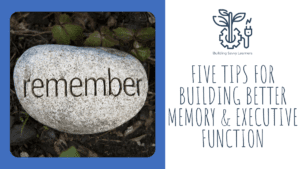





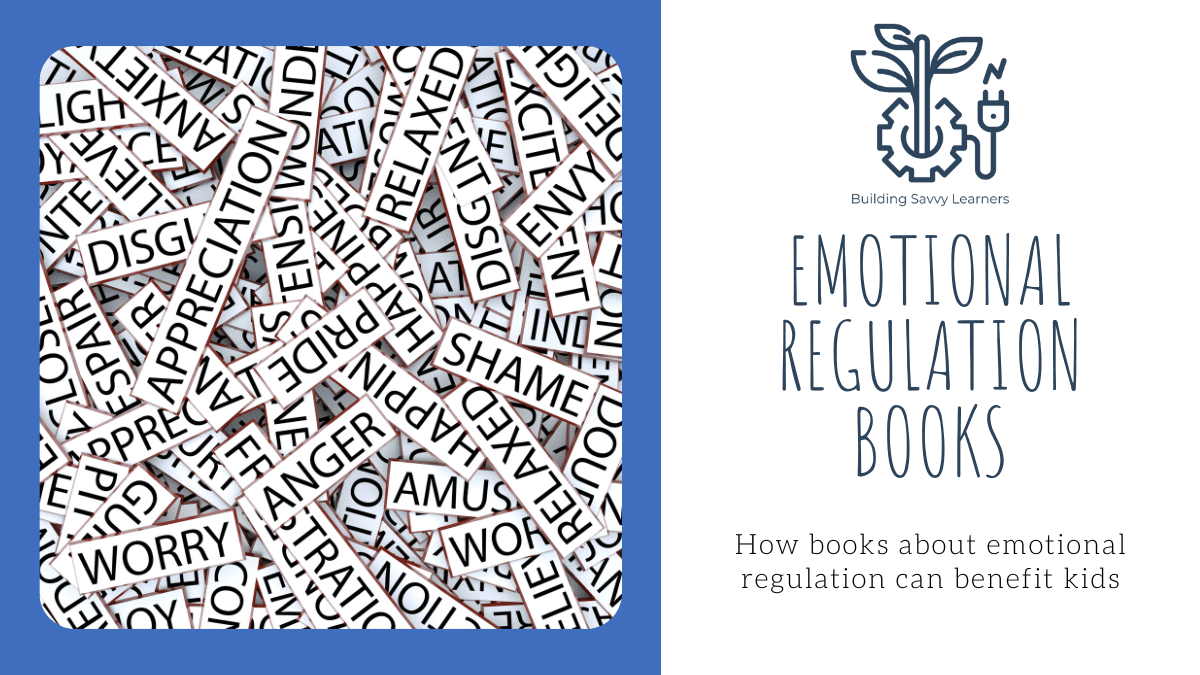
One Response
The tip about creating systems is so helpful! I feel like systems can really foster independence while also supporting executive functions!